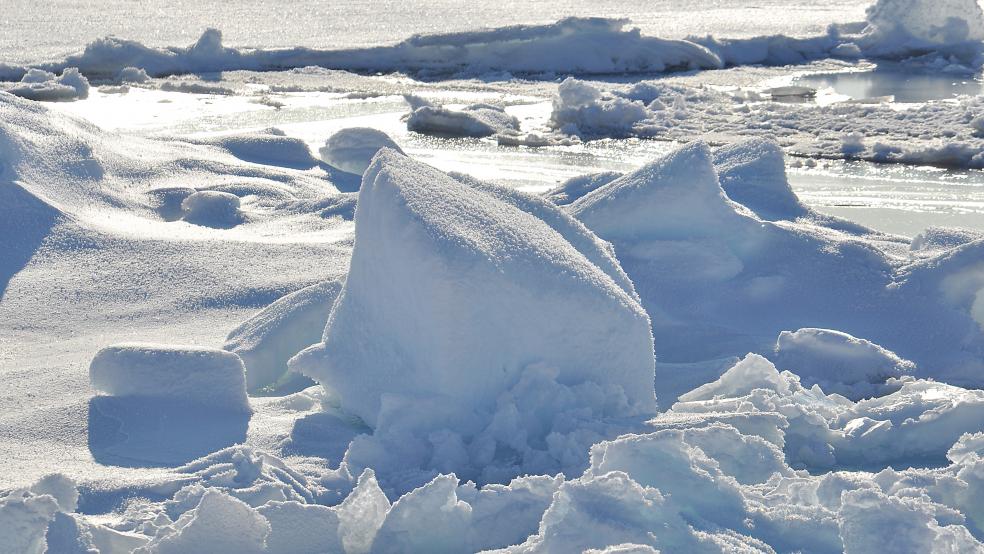While it’s still permitted, I’d like to note that we’re having an unusually cool summer. The MLB All-Star game was played last night in the Twin Cities under downright frosty conditions. Especially in the Midwest and Northeast, numerous cities have yet to suffer the expected heat waves of July; explanations include something about polar vortexes and “ridiculously resilient ridges”.
This, of course, flies in the face of much-publicized predictions from the Farmer’s Almanac of a summer scorcher. But, don’t think for a moment that a chilly July undermines the notion that the earth is gradually getting hotter. Or that last winter – one of the coldest on record – was anything but an outlier. That record-setting deep freeze has been explained away as but a speed bump in our inevitable slide towards the inferno. In any event, good luck finding a platform to suggest otherwise.
Related: What Climate Change Means to Your Home Insurance
Increasingly, the liberal media is refusing to publish or present the views of those who challenge the science behind climate change. This is censorship; will the next step be to make dissent illegal?
The most recent organization silencing those who question anthropogenic (a fancy way of saying human-caused) climate change or anthropogenic global warming is the BBC. The prestigious British broadcasting outfit has rebuked one of its stations for featuring Nigel Lawson, who chairs the Global Warming Policy Foundation (GWPF) in debate with Sir Brian Hoskins, chair of the Grantham Institute for Climate Change.
Lord Lawson, former editor of The Spectator, challenged conventional climate doctrine by noting, for instance, that there been no warming for 17 years. The BBC’s Editorial Complaints Department determined that the appearance contravened policy, claiming that Lord Lawson’s opinions were “not supported by the evidence”; a BBC spokesperson insisted Lord Lawson had not been banned, but said implying that his views were on “the same footing” as those of the climate scientist…had created “a false balance.”
It should be noted that Lord Lawson is not a pitchfork-wielding member of the flat earth club. His sin is that he has tried to approach the issue of rising temperatures with reason, rather than hysteria. His GWPF board lists eminent representatives from across the political spectrum and his advisory committee similarly has attracted high-level scientists.
Related: Obama Takes Aim at Power Plants to Slow Climate Change
Recently, Lennart Bengtsson, a research fellow at the University of Reading, quit the board, saying in his resignation letter, “I had not been expecting such an enormous world-wide pressure put at me from a community that I have been close to all my active life…. It is a situation that reminds me about the time of McCarthy.”
The BBC is not the first news organization to deny “deniers” a voice. The L.A. Times and Popular Science Magazine are among other outlets refusing to publish letters from readers that challenge what these publications consider to be proven fact – that humans are causing the earth’s climate to change.
The irony, of course, is that Americans (and, it turns out, the Brits as well) remain unconvinced. Only 20 percent of likely voters say that the debate on global warming is over; 63 percent say it is not. Nearly half the country thinks there is significant disagreement within the scientific community about climate change; only 21 percent of the group surveyed thinks the media presents an accurate picture. Still, some 60 percent of the country has been convinced that climate change is a serious problem.
It may be just that. Surely, it is too early to shut down debate -- especially when there are credible scientists who think the climate “crisis” is overblown. Scientists like Professor John Christy, recently profiled by The New York Times, (to their credit). Dr. Christy’s credentials are impressive, but his tempered view of climate change has caused him to be shunned and vilified by his peers. Dr. Christy agrees that the earth is warming, but thinks the threat posed by modestly higher temperatures has been greatly overblown.
Related: Global Warming Skeptics Give Obama the Cold Shoulder
It is that alarmism that raises suspicions, especially when we witness events that expose the fragility of climate modeling. Such as, the unexpected rise in water levels in the Great Lakes. Only one year after the International Joint Commission, a scientific panel examining water resources, published a five-year study predicting that climate change would bring further drainage, communities around the Great Lakes have enjoyed more than a one-foot rise in water levels.
Or how about the extraordinary increase in Antarctic sea ice, which appears now one million square kilometers larger than 35 years ago when scientists began measuring the region? How does that tally with rising sea levels? Honestly, who knows?
Americans can be forgiven some skepticism over the hysterical alarms sounded by the media. An article published recently in Salon predicted climate change will bring more drought and/or more rain (depending on your zip code), Dengue Fever, higher pollution levels, rampant Valley Fever, Lyme disease, increased wildfires, “mosquitoes everywhere” – including the dread Asian Tiger variety -- and, worst of all, rising attacks by “brain-eating amoebas.”
While some of the hype is amusing, the possible overreaction of policy makers is not. When climate anxiety pushes Germany to propose a ban on fracking, a proven technology that could unlock significant new supplies of natural gas in that country and lessen Europe’s reliance on Russia, some sober review is necessary.
When Americans face substantially higher electricity costs because our Green activists want to drop coal from our energy menu, robust debate is important. These are far-reaching decisions, which could affect the well-being of millions of people -- they should be made with the most informed and open debate possible. Refusing to acknowledge that differences exist – even within the scientific community – is dishonest and unacceptable.
Top Reads from The Fiscal Times:





